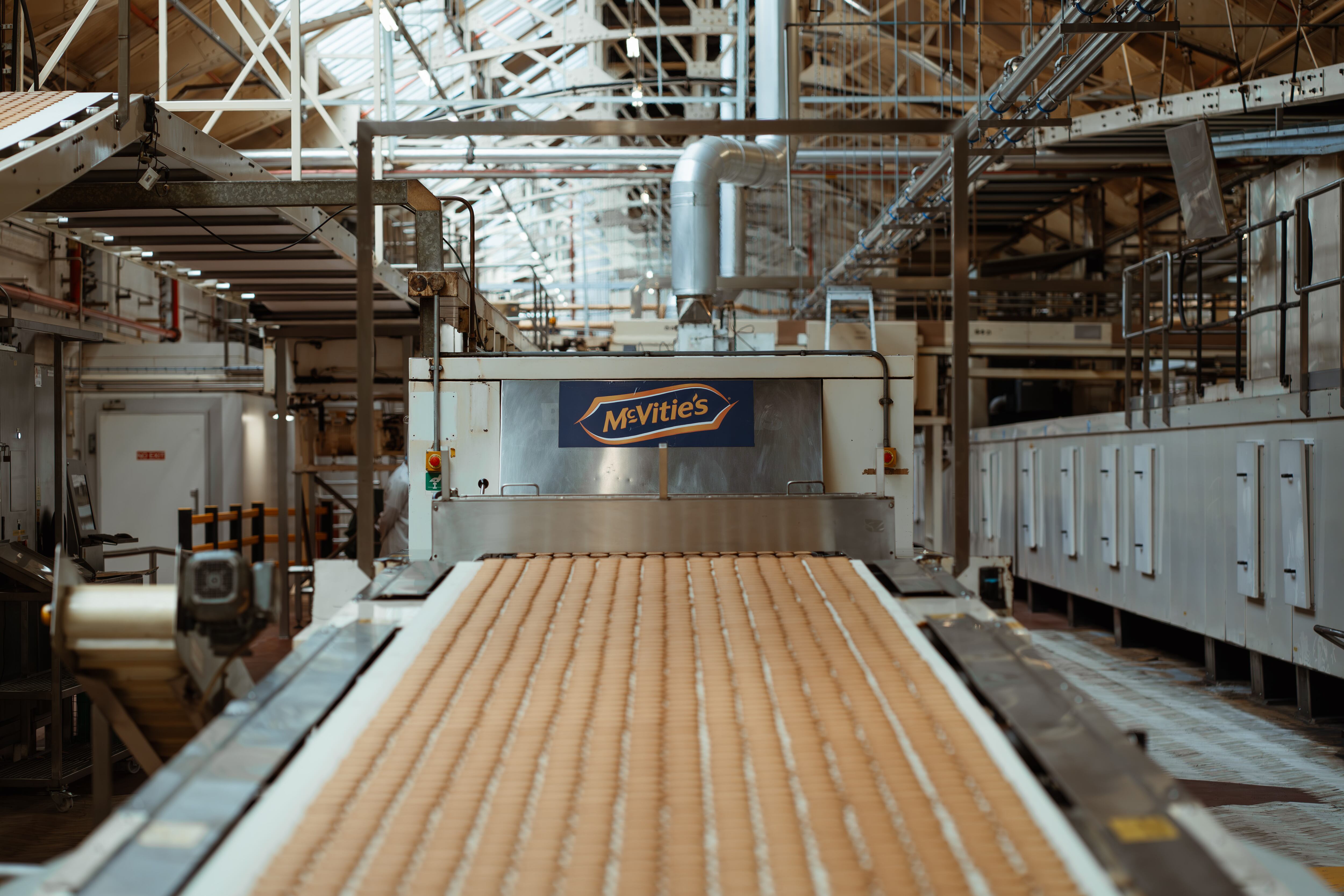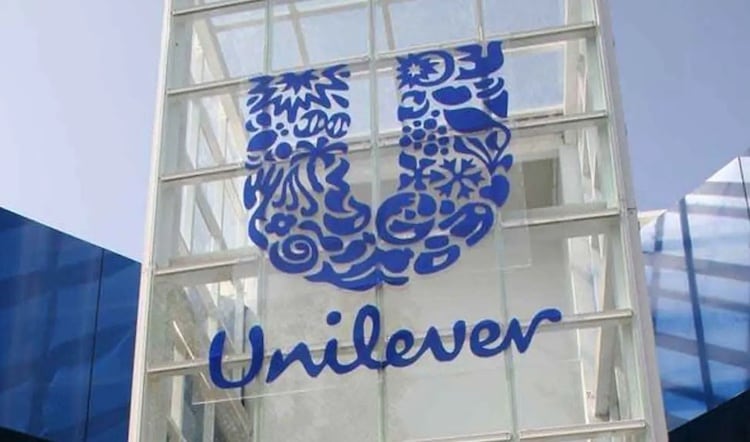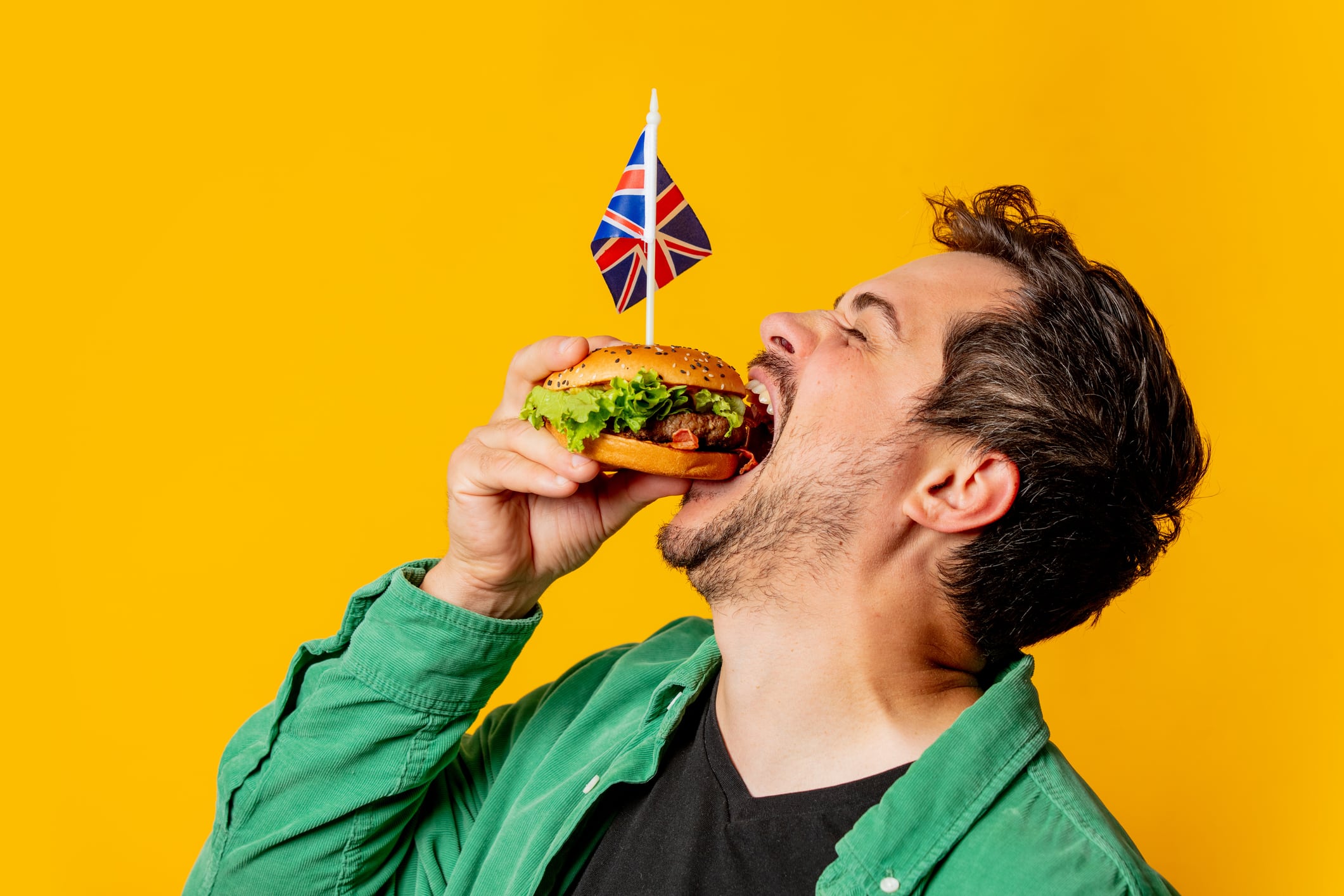Tim Ingmire is so obsessed with the future of snacking that he doesn’t look just one or two years ahead, but three, six and sometimes nine.
As Pladis’s VP of global innovation and technology, you would expect Ingmire to have a firm grip on what’s next. And two years into the role, he’s hardly sat still, having launched new lines and flavour extensions across dozens of household brands – Hot Honey Jaffa Cake, anyone?
“It’s gone incredibly quickly, it’s been really good fun,” he says, with genuine enthusiasm and not just because he knows his boss will read this later.
On the topic of bosses, Pladis is still running without an official CEO after Salman Amin stepped down in February for personal reasons. In the meantime, The business is being run by CFO Sridhar Ramamurthy and European MD Tim Brett until a new head is found.
But that hasn’t slowed Ingmire’s mission. He wants to move at a quick pace and to change how the business approaches and rolls out new product development (NPD). He also wants to imbue ever increasing levels of enthusiasm and curiosity among his team, which is vital to R&D, he maintains.
“Pretty much my whole nearly 40-year career has been in research and development in food and personal care,” he says. “I love driving innovation and that’s what’s kept me in food – seeing a future and trying to create that future."
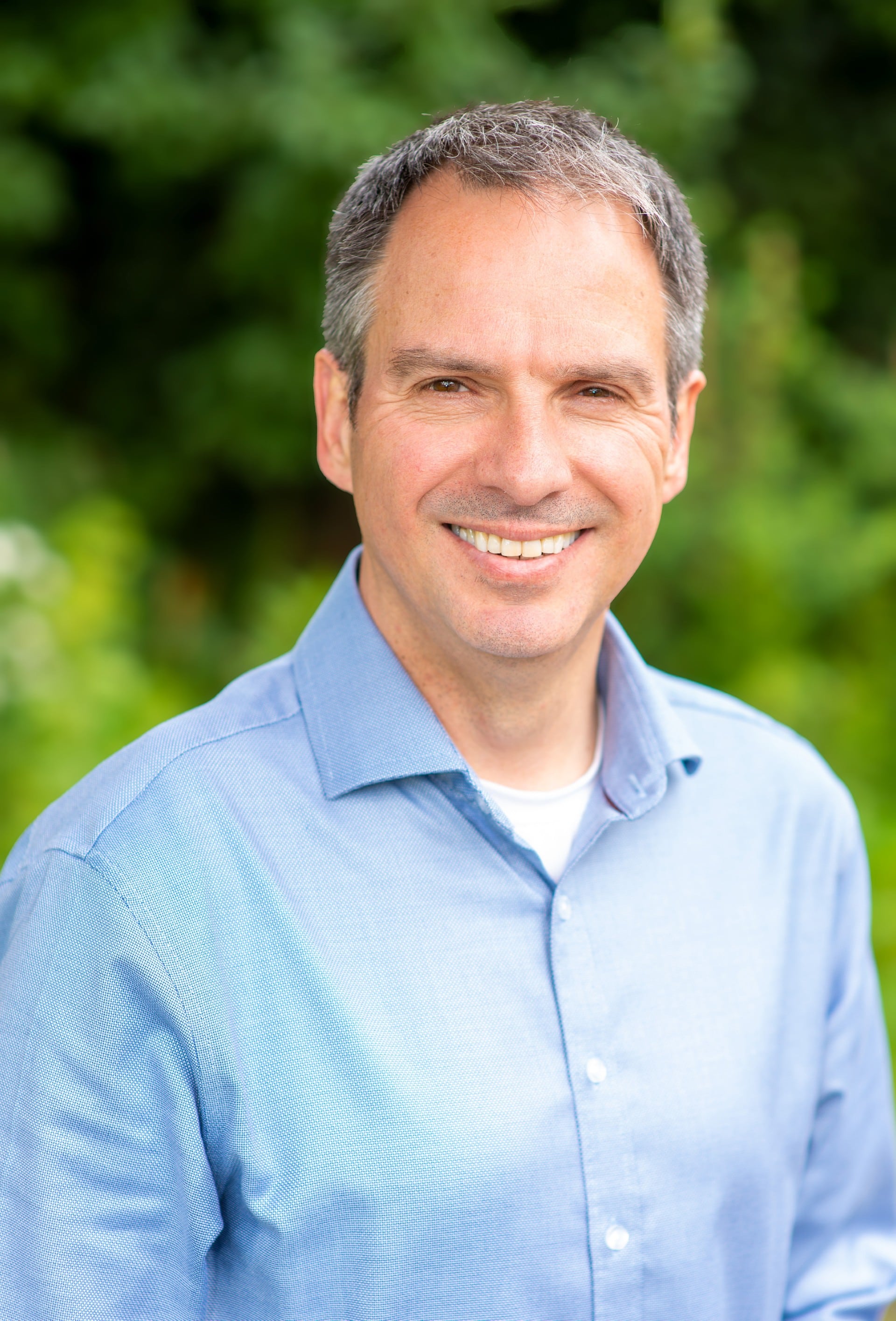
It’s that love of food NPD that’s anchored him to the sector for four decades, especially notable given his background as a biomedical scientist. “What you do in the lab day in, day out – it didn’t really grab me.”
What did grab him? Working in businesses like Unilever, Quorn and now Pladis. Making food more sustainable, healthier, and helping drive the business forward.
“Ultimately, for me, it’s about creating products where my friends and family can say ‘I’ve seen that, I’ve tried it and it’s awesome’. I think that’s the one thing that keeps R&D people ticking over most – that feedback."
That means he’s focused on not just the breakthrough innovation, which can take time to come through, but also NPD that isn’t “new to the world”, such as new flavour extensions for products like Jaffa and McVitie’s.
“We operate over a strategic, or STRAT plan period that’s not 12 or 18 months but three years and look at products and innovations that can come to life within one or two STRAT cycles, so three, six or nine years out.”
That means, generally, Ingmire and the business are predominantly concerned about what consumers will be doing in the distant future, rather than now. Sounds tricky, but there are several key and long-term growth trends driving this – more on that later.
Understanding the trends of the future means that Pladis can take the right amount of time to develop something and launch it when consumers are ready – not before or after.
The future of food is here today
“To do this, we work with various thought leaders, with academics and venture capitalists,” he says. “The reality is, the future is here today. It’s being worked on by start-ups and academics. So, by working with them and finding out what excites them, we know what the future of food looks like.”
There’s also a need to get out, not to always immerse yourself in the data at a desk. Some of Ingmire’s biggest inspirations have come from “walking the space” in the markets his brands trade in. This helps understand the pressures and opportunities.
“So yes, we are spending a lot of time thinking about the future, but we’re also looking at what is the reality now, because whatever we develop still has to work in a retail space of some kind.”
And somewhat contradictory to Ingmire’s main focus, he says not everything can or should be a long-term strategy. Often, a solution to driving up sales is to generate new and even short-lived flavour iterations, such as within the McVitie’s Digestives and Flipz brands, which each have a line of continued flavour NPD to generate consumer interest.
Pladis in stats
- 4bn consumers
- 1m tonnes of biscuits, chocolate and cake made each year
- 27 factories
- 110 nations
- 16,000 staff
However, Ingmire is predominantly focused on the long-term and with that comes some big themes. These include environmental, such as sustainability and commodity sourcing, but also the general consumer psyche, especially around nutrition, health and wellbeing.
Here, food-tech is very much the solution. And like many businesses, including Mondelēz International and Kraft Heinz , Pladis has launched an incubator to help the manufacturer get ahead.
The business recently invited pitches that focused on six key areas, including regenerative, personalised nutrition, clean-label and GLP-1. “Here, we’re about driving breakthrough innovation,” he says. “To get into some of these areas, we’ve got to learn stuff from the start-ups.”
More than 300 food-tech start-ups pitched and Pladis whittled the list down to 12, though Ingmire is firm the other businesses aren’t lost, are “still in the system” and could be approached in the future.
Of the 12 finalists, six pitched to Pladis’s senior leadership team. He wants to talk in more detail about two: Fermtech, which creates functional, wellness ingredients using fermentation; and Nuritas, which utilises AI and peptides ingredients to help boost better sleep.
Pladis’s interest in Nuritas offers a peek into the snack maker’s functional future. “It’s one of the exciting examples of technologies which we think will be important for the food industry in the future.”
But what gives Pladis, a treat and indulgence-centric business, the right to enter the functional and wellbeing space? Surely, consumers aren’t going to associate a BN biscuit with longevity or gut health?
“You could say that’s a very reductive way to look at things,” Ingmire points out.
What is Pladis’s functional future?
But Ingmire isn’t looking for permission to blur the lines between functionality and indulgence, he’s confident snacking can be both.
“If you think about what our products do now, you might say a biscuit is about emotional wellbeing right, it’s about sitting down and having a sharing moment with your friends,” he says.
But that’s not functional food. So, Ingmire agrees that, for Pladis, it could take the form of adding functional ingredients into a biscuit to, say, aide someone’s sleep or digestive health. That could be a next step, though he doesn’t say it is.
“We’ve also got products in some Go Ahead bars in Türkiye, where we’re building much more functionality into them.” The depths of which, Ingmire is unwilling to go into.
There is a hunger from the business to build functionality into more of its lines to coincide with consumers’ increasing demands for products that fulfil multiple needs.
“You’ve seen the whole protein trend and how that’s evolving,” he says. “These things are absolutely interesting to us and there’s an opportunity for us. The question is, do we have the brands?”
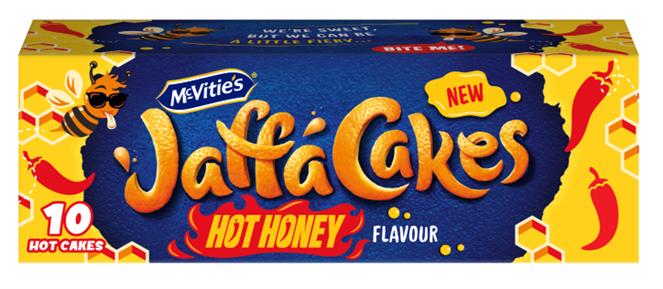
He believes there are brands in the portfolio ready to seize that opportunity, even heritage names with a century of history can be reimagined to fit these growing needs. Twiglets, a healthier wheat-based snack, is an example of this, because “the nutritional profile is already healthy”.
“It’s about opportunity,” he explains. “I think there’s a danger that you become a curator in a museum of your own brands and products if you don’t evolve. R&D is about evolution.”
A better nutritional outcome is core to how Ingmire has always operated anyway, he says. Whenever he or his team looks at evolving a product, one of his ambitions or challenges has always been to “move the needle, even if it’s just a little bit on nutritional profile and environmental sustainability”.
Ingmire is keen to push further into the health and wellness space because businesses like Pladis have to. The world is changing, consumers aren’t eating three meals a day like they did in the past, but are turning to smaller, more nutritional snacks throughout the day.
“The role of snacking and the contribution of snacking to a person’s nutrient intake is shifting. People using GLP-1s want smaller portions, they’re changing their consumption behaviour and that’s just another manifestation of what we’re seeing more broadly.”
For Ingmire, it’s the role and responsibility of food companies to provide snacks in a way that have the right nutritional balance. “It’s all going to become sharper and sharper,” he believes.
That’s not to say Pladis’s portfolio will shift entirely to function and wellbeing. Ingmire sees opportunity to diversify: there will always be room for small moments of indulgence with brands like Godiva, because no matter what added extras they may want consumers also still crave treats.


